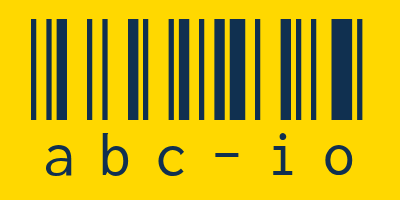- Germany and Luxembourg have joined the list of countries opposing the controversial child sexual abuse (CSAM) scanning bill on the eve of the crucial September 12 meeting
- EU Council members are sharing their final position on the Danish proposal on September 12
- Experts are still concerned about the negative impact the bill will have on citizens’ communications privacy and security
Germany and Luxembourg have joined the list of countries opposing the controversial child sexual abuse material (CSAM) scanning bill on the eve of the crucial September 12 meeting.
According to the latest data, eight countries are now opposing what’s been nicknamed Chat Control. Beyond Germany and Luxembourg, these are Austria, Belgium, the Czech Republic, Finland, the Netherlands, and Poland.
Fifteen EU members are already publicly supporting the bill, though, with only four countries still undecided at the time of writing (Estonia, Greece, Romania, and Slovenia), according to the latest data.
The Danish proposal introduces new obligations for all messaging services operating in Europe to scan users’ chats – even if they’re encrypted – in the search for both known and unknown CSAM material. A measure that has attracted strong criticism among political ranks and the tech industry alike.
Crucially, the mandatory scanning is expected to occur directly on the device before messages get encrypted, targeting shared URLs, pictures, and videos. Only governments and military accounts are excluded from the scope of the bill.
EU members are sharing their final positions in the Council on Friday, September 12, with another meeting with the EU Justice Minister also set for October 14.
“Opposed to breaking encryption”

“The BMI [German Federal Ministry of the Interior] representative explained that they could not fully support the Danish position. They were, for example, opposed to breaking the encryption,” reads an announcement from the German Bundestag.
Encryption is the technology responsible for scrambling our online communications into an unreadable form to prevent unauthorized access.
Encrypted messaging apps like Signal or WhatsApp, secure email providers like Proton Mail, and the best VPN services all rely on end-to-end encryption to ensure our communications remain private between the sender and the receiver – end-to-end.
While law enforcement sees this protection as an obstacle during investigation, digital rights experts, cryptographers, and technologists keep warning that a backdoor could lead to mass surveillance, while creating security vulnerabilities that even criminals and hostile governments would be able to exploit.
Germany has been thought to be the deciding factor, though, which made Chat Control’s critics worried for a long time. The previous government was indeed very pro-encryption – seeking to make encryption a legal right at home, while strongly opposing mandatory scanning in the block.
Yet, the new administration has been “giving very mixed messages,” Director of Government Affairs and Advocacy at the Internet Society, Callum Voge, told TechRadar.
Until now, at least. Germany moving to the opposition ranks could then seriously sway the vote, meaning that the chances for the Danish proposals to pass get slimmer.
German encrypted email service, Tuta Mail – which is said to be ready to sue the EU over Chat Control – especially welcomes the German decision.
Tuta Mail CEO, Matthias Pfau, said: “Protecting private communication is essential for safeguarding democracy, freedom of expression, and the security of all citizens. We are excited to see that politicians start to understand that undermining encryption is not an option: “a backdoor for the good guys only” simply does not exist.”











Add Comment